
ORNL researchers Valentino Cooper, Howard Wilson and Jiaqiang Yan have been named Fellows of the American Physical Society, a distinction recognizing their outstanding contributions to their fields.

ORNL researchers Valentino Cooper, Howard Wilson and Jiaqiang Yan have been named Fellows of the American Physical Society, a distinction recognizing their outstanding contributions to their fields.
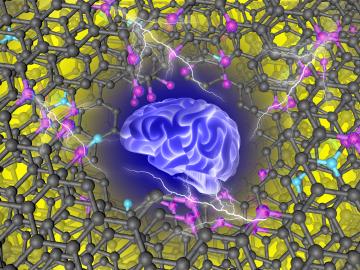
Guided by machine learning, chemists at ORNL designed a record-setting carbonaceous supercapacitor material that stores four times more energy than the best commercial material.
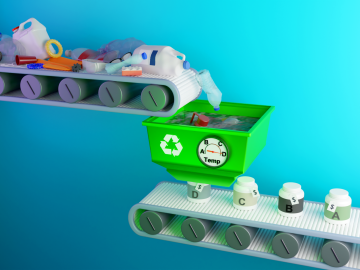
Little of the mixed consumer plastics thrown away or placed in recycle bins actually ends up being recycled. Nearly 90% is buried in landfills or incinerated at commercial facilities that generate greenhouse gases and airborne toxins.
When the second collaborative ORNL-Vanderbilt University workshop took place on Sept. 18-19 at ORNL, about 70 researchers and students assembled to share thoughts concerning a broad spectrum of topics.
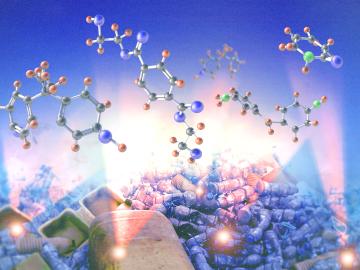
Almost 80% of plastic in the waste stream ends up in landfills or accumulates in the environment.
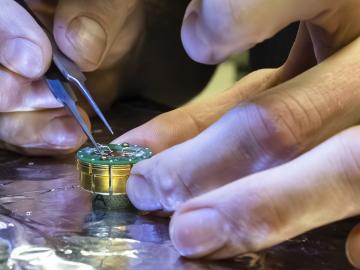
Quantum computers process information using quantum bits, or qubits, based on fragile, short-lived quantum mechanical states.

Elbio Dagotto and Hu Miao, scientists in the Materials Science & Technology Division, have been recognized as Reviewer of the Year by the Journal npj Quantum Materials.
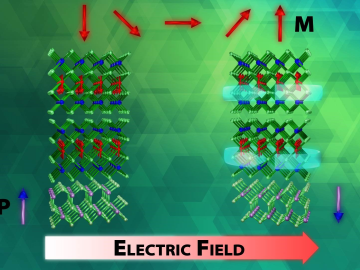
An advance in a topological insulator material — whose interior behaves like an electrical insulator but whose surface behaves like a conductor — could revolutionize the fields of next-generation electronics and quantum computing, according to scientist
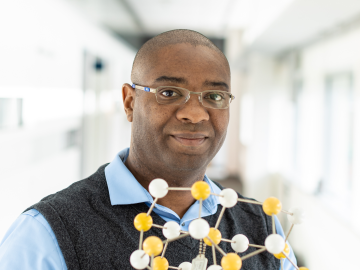
Valentino “Tino” Cooper, a scientist at ORNL, has been appointed to DOE’s Basic Energy Sciences Advisory Committee for a three-year term.
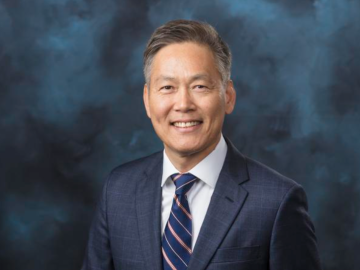
Ho Nyung Lee, a condensed matter physicist at the Department of Energy’s Oak Ridge National Laboratory, has been elected a Fellow of the Materials Research Society.

